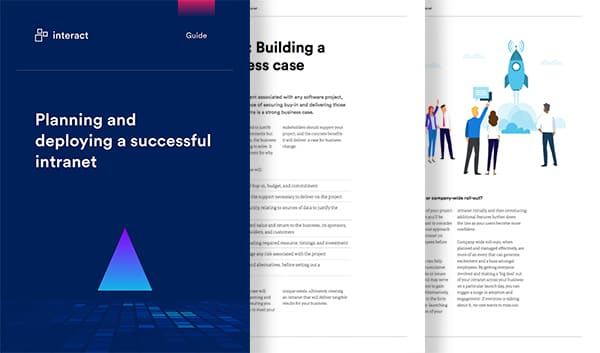Acceptable Use Policy
Usage Data
Supplier may monitor, collect, and use data pertaining to the use of Supplier’s software and services (“Services”) provided that any such data collected will be anonymous without reference to the particular Customer or end-user.
Prohibited Uses
Customer must not misuse the Services or assist anyone else in doing so. In the event of any misuse Supplier has the right to immediately suspend the Services. Examples of misuse include, but are not limited to:
- load testing, probe, scan, or test the vulnerability of any system or network in the form of penetration or vulnerability testing
- attempting to breach or otherwise circumvent any security or authentication measures
- attempting to access, tamper with, or use non-public areas or parts of the Services, or shared areas of the Services you have not been invited to
- send altered, deceptive, or false source-identifying information, including “spoofing” or “phishing”
- attempting to interfere with or disrupt any user, host, or network, for example by sending a virus, overloading, flooding, spamming, or mail-bombing any part of the Services
- attempting to monitor any data, information, or communications on any network or system not owned by you without authorization
- attempting to intercept, redirect, or otherwise interfere with communications intended for others
- publishing or sharing materials that are pornographic or indecent, or that contain extreme acts of violence
- advocate bigotry or hatred against any person or group of people based on their race, religion, ethnicity, sex, gender identity, sexual preference, or disability
- violate the law in any way, including storing, publishing, or sharing material that’s fraudulent, defamatory, or misleading
- violating the privacy or infringing the rights of others
Customer Responsibilities
1. Customer accepts responsibility for their end-users and ensure they abide by this policy.
2. The Customer will not store nor input Sensitive Information in the Services.
For these purposes “Sensitive Information” means (a) credit or debit card numbers; personal financial account information; Social Security numbers or local equivalents; passport numbers; driver’s license numbers or similar identifiers; passwords; racial or ethnic origin; physical or mental health condition or information; or other employment, financial or health information, including any information subject to the Health Insurance Portability and Accountability Act, the Payment Card Industry Data Security Standards, and other regulations, laws or industry standards designed to protect similar information; and (b) any information defined under EU data protection laws as ‘Sensitive Personal Data’.
